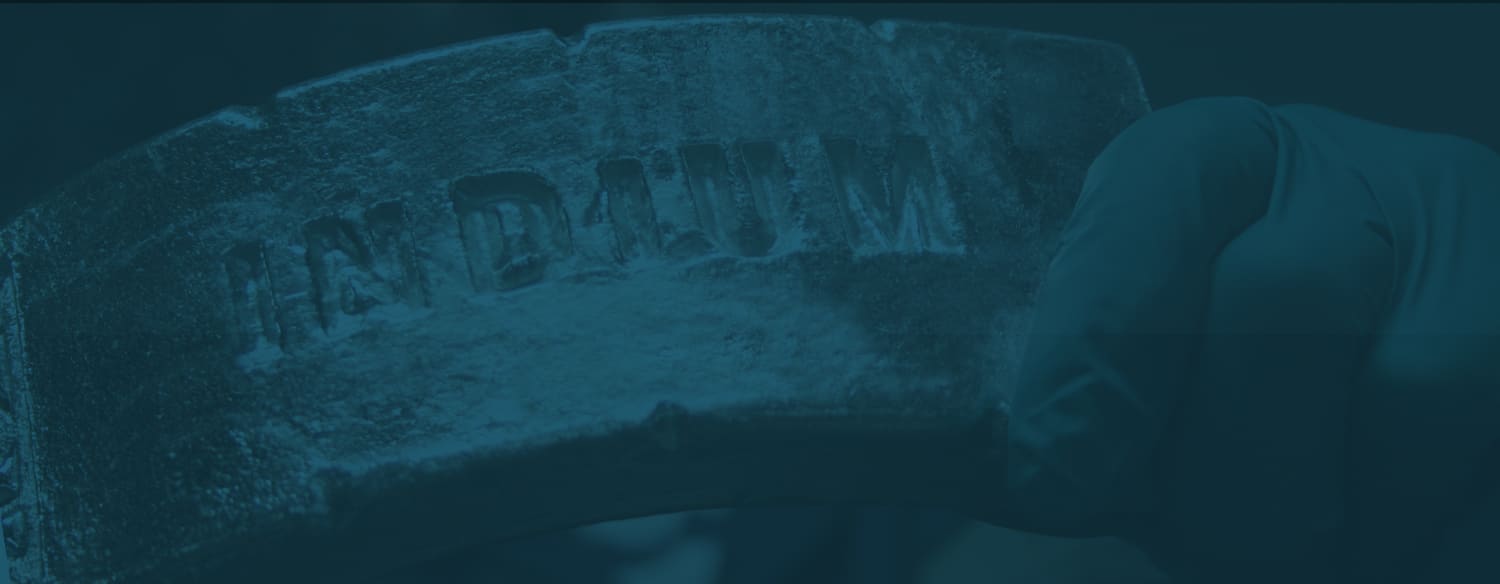As a Manufacturing Process and Quality Engineer for over thirty years, I have seen a great deal of change with fantastic leaps in raw component, assembly, and metrology technologies. Intel's founder Gordon Moore predicted in what is now recognized as Moore's Law—for every year that the number of transistors in an integrated circuit double, the cost is cut in half. A similar construct applies to the manufacturing industry. Devices get smaller, assembly equipment gets faster, and quality and capability demands increase while costs decrease. In this and future blog posts, I will share some thoughts and experiences that younger, fresher faces to this industry may find useful while spurring and motivating readers to dig deeper into the subject matter. Today's subject will focus on solder integrity. On the plus side, as discrete components become smaller, they become inherently more reliable from a mechanical perspective. These smaller components present solder application challenges. Indium Corporation's broad line of solder paste alloys and solder powder sizes can help address all your solder deposition challenges. On the other hand, as integrated circuits become smaller, the same may or may not be true. Smaller pads and tighter pitch create similar solder deposition challenges. Bottom terminated IC packages present %void challenges. Chip scale packages can present reliability challenges due to differences in the coefficient of thermal expansion between the IC die and PWB substrate. Indium Corporation has both material and knowledge base resources that can help you with these challenges. Indium Corporation looks forward to meeting all your material science needs and challenges today and in years to come.
Apply Now |Blog | Buy Local | Buy Online | Technical Documents | Quality | Solder Alloy Guide |


